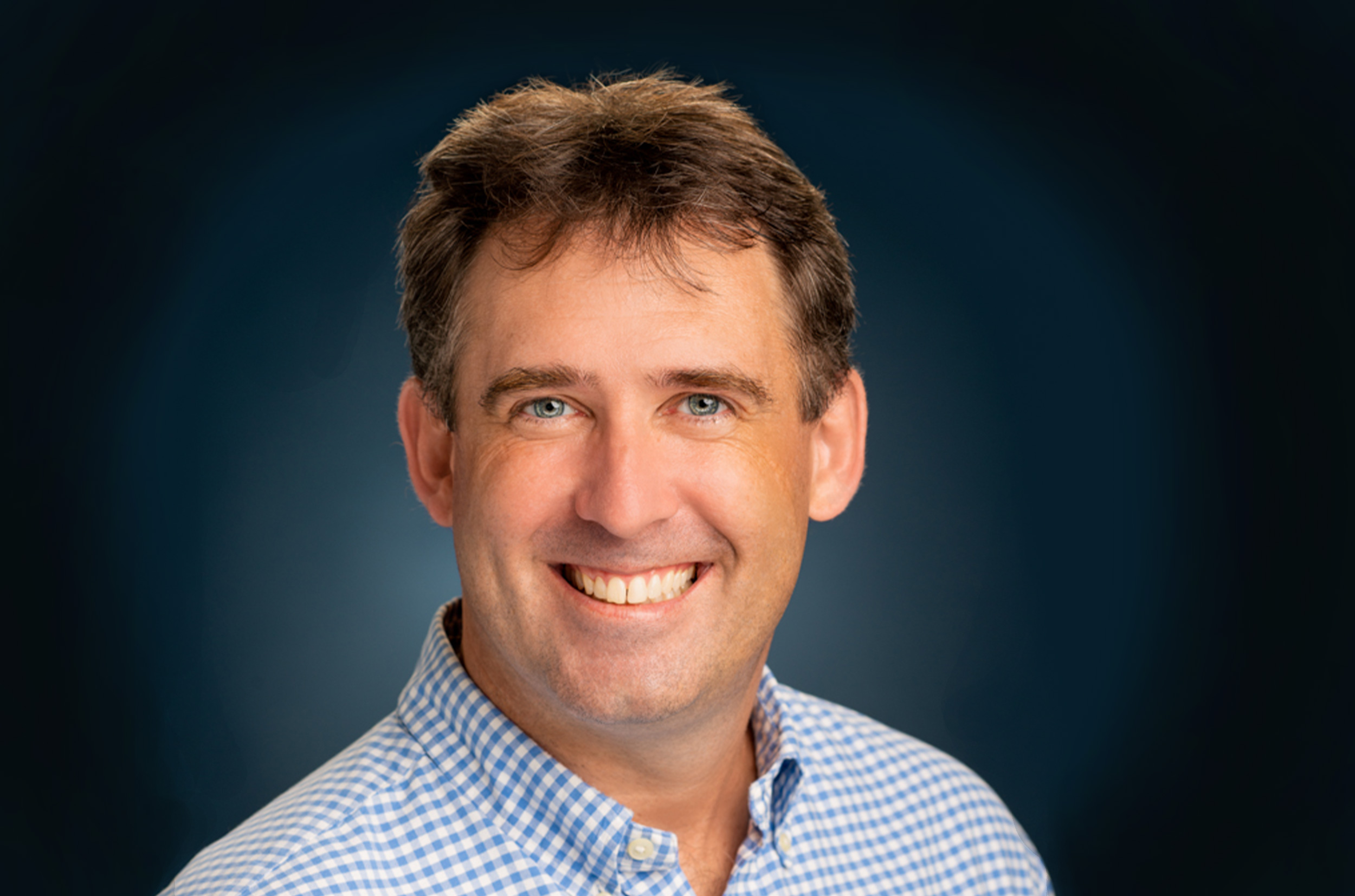Being attracted to martial arts and oriental philosophy at a very young age, combined with a marked interest in health sciences, human beings and their well-being, I began my studies in acupuncture at the age of 17. One of my motivations was to be able to help care for people, while helping to maintain and restore their health by sharing my knowledge. It is not without saying that at the end of the acupuncture course, a major challenge arose, namely the translation between this thousand-year-old Traditional Chinese Medicine (TCM) and the Western world of today.
It was with this in mind that I recently began my university education in health care. Revisiting current scientific bases, such as biology, anatomy, physiology, the phenomenon of pain, neuropsychology while trying to make links, to understand, to seek, to demystify these empirical practices, and who knows, maybe to be able to eventually either develop a common language, or at least to be able to communicate better with the current scientific community; knowing very well that we are in the embryonic stage as for the understanding and the explanation of the underlying mechanisms of acupuncture. At the beginning of my practice, there were some 3000 studies on acupuncture the quality of which could certainly be questioned. Today, there are more than 20,000 studies, many of which demonstrate the thoroughness and reliability to be expected. Today, it can be said that there is finally evidence to support it 1.
The course
Graduated from the college of Rosemont in 1995, member of the Order of Acupuncturists of Quebec as well as of the association of acupuncturists, I had the opportunity to participate, as a volunteer, in the community clinic of acupuncture of Quebec around 2007-2008. I had the privilege of sitting on various committees within the Order, including the communication committee as president, the discipline committee of which I am still a member, and on the board of directors of the Order in 2015 to 2018. I had the honor to participate in the general meetings on the future of the profession as well as to contribute to the expert committee in the evaluation of professional skills.
In addition to the initial training, I accumulated nearly 1000 hours of continuing training, whether by exploring health sciences, Traditional Chinese Medicine; such as acupuncture, Chinese pharmacopoeia, Tui Na, Qi Gong as well as relationship counseling and management.
I am currently completing a certificate in sensory and motor rehabilitation from UQAT as well as training as a therapist in Medical Qi Gong (training program of the “International Medical Qi Gong College”). I also hold a 5th dan black belt in ITF Taekwon-do as well as the title of International Instructor in the same discipline.
The road
Curiosity and the desire to learn have helped to fulfill my roadmap by having acquired skills and experiences in areas other than acupuncture, from having had the opportunity to teach English, French and Taekwon-do in Japan for a year, and having acquired a certification in computer science leading to technical support, training, and having been project manager in this field, or having taught and practiced martial arts for several years.
I acquired my experience in acupuncture both in a private clinic and as a member of multidisciplinary teams. I was able to rub shoulders with doctors, physiotherapists, occupational therapists, chiropractors, massage therapists, naturopaths and osteopaths.
Having always had the patient and their well-being at the heart of my priorities, I am proud today to be the founder and owner of the Drummondville integrative health clinic since December 2019.
It is also a great pleasure for me to join this blog to help promote health.
Sylvain Audet, acupuncturist
[1] McDonald J, Janz S. (2017). The acupuncture evidence project: A comparative literature review (revised edition).
Brisbane: Australian Acupuncture and Chinese Medicine Association Ltd.






